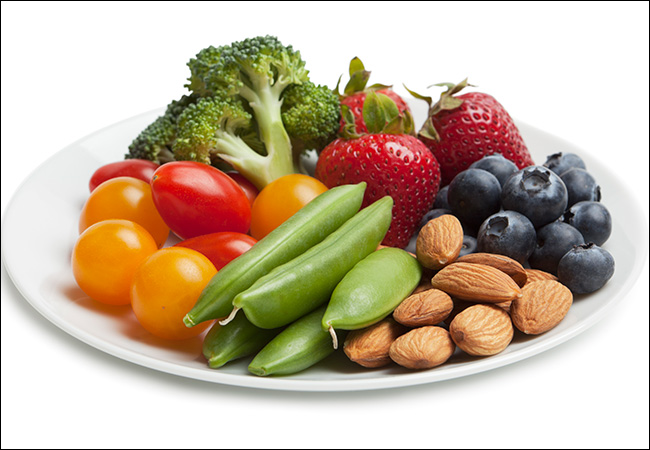
Long-term dysfunction of the kidneys is known as chronic kidney disease (CKD). CKD may progress and possibly lead to renal failure. As the illness progresses, symptoms become more pronounced, but they aren't particular. A family history of renal failure is one of the most common risk factors for acquiring kidney disease.
You need to follow a kidney disease diet (CKD) when you have chronic kidney disease. In the absence of proper kidney function, waste and excess fluid accumulated in your body. Those on a kidney disease diet restrict their intake of specific minerals and fluids. As a result, the waste and moisture won't build up and cause issues.
Potassium
Potassium is a common mineral needed for muscular contraction but excess potassium is hazardous. High or low potassium levels can cause muscle cramps, irregular heartbeat, muscle weakness, and problems with kidney functions.
Phosphorus
Nearly everything we eat contains phosphorus, a mineral. Bone health is maintained by using calcium and vitamin D. The proper quantity of phosphorus is maintained in your body by healthy kidneys.
Fluids
People with renal illness may require less water than those without it. Kidney disease prevents the kidneys from removing excess fluid as efficiently. Over hydration is harmful. It may induce hypertension, edema, and heart failure. Extra fluid around the lungs might also make breathing difficult. Reduce water-rich foods. Reduce salt intake to reduce thirst.

1. Cauliflower
The vitamins C, K, and folate all abound in cauliflower, making it a healthy addition to any diet. Anti-inflammatory ingredients like indoles and fiber make it a good food source.
2. Blueberries:
Vitamins and antioxidants are plentiful in blueberries. Specifically, anthocyanins, which may protect against heart disease, cancer, cognitive decline, and diabetes, are found in these berries. A kidney disease diet might also benefit from low salt, phosphorus, and potassium content.
3. The whites of the eggs
Egg whites have less phosphorus than egg yolks, making them the best food for kidney disease. Egg whites are an excellent source of high-quality protein that is very gentle on the kidneys.
4. Olive oil
People with renal illness may benefit significantly from the beneficial fats and phosphorus-free nature of olive oil. People with the severe renal disease sometimes struggle to maintain a healthy weight, making high-calorie, and healthful meals like olive oil crucial.
5. Bulgur
Because of its low phosphorus and potassium content, bulgur is an excellent whole grain option for those with renal disease.
6. Turnips
Turnips are one of the best foods for kidney disease and a great alternative to winter squash and other high-potassium veggies. Fiber and vitamin C are found in abundance in these root vegetables. It is possible to make a nutritious side dish for a kidney disease diet by roasting or boiling them and mashing them, respectively.
7. Pineapple
The potassium content of many tropical fruits, such as oranges, bananas, and kiwis, is very high. A low-sodium, sugary option for folks with renal issues is pineapple.
If you're on a kidney disease diet, you can't go wrong with any of the items listed above. It's usually a good idea to consult with your doctor or nutritionist before making any significant changes to your diet. A person's renal disease and any drugs or dialysis treatment they are receiving will influence how much and what foods they must limit in their diet. Although a kidney disease diet might seem to limit time, many delectable items can be included in a healthy kidney-friendly diet. Consult the Central Florida Kidney Center for the best support.